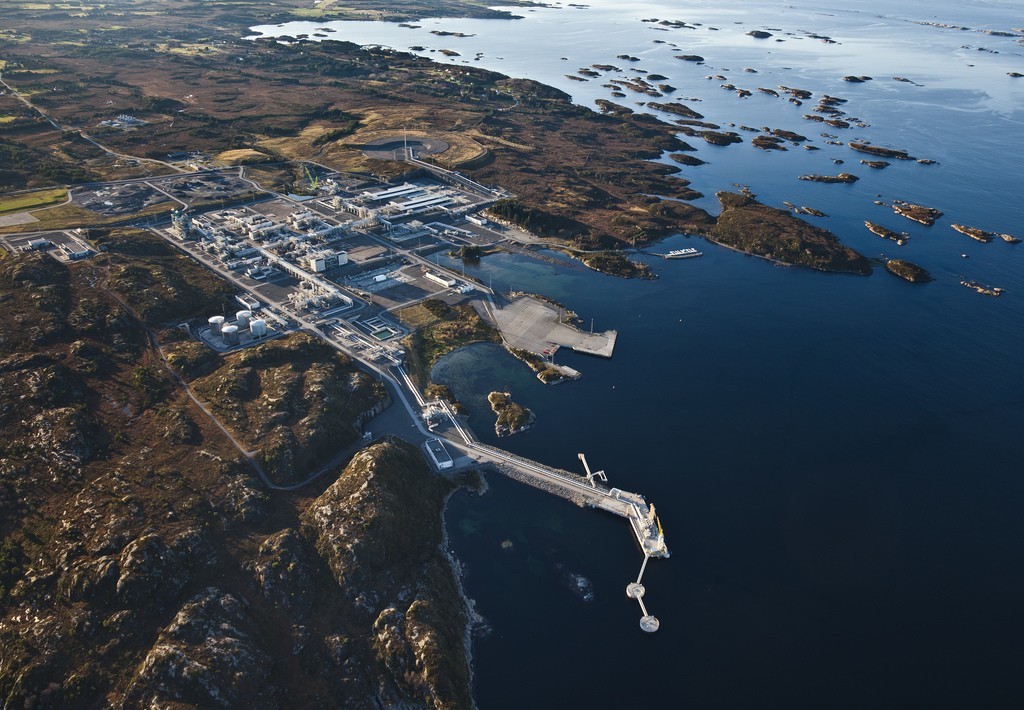
Norway’s oil industry, already struggling after crude prices collapsed last year, is being dealt another blow as an Iranian nuclear deal promises to boost global supply.
“For Norway’s offshore production, it’s not that positive,” Thina Saltvedt, an oil analyst at Oslo-based Nordea Markets, said by phone on Tuesday. “Companies on the Norwegian shelf will face tougher competition because costs must be reduced even further to be competitive internationally.”
Oil production in Norway’s Arctic Barents Sea, where Statoil ASA postponed a key development for the third time this year, could now be delayed further, Saltvedt said.
Norway, western Europe’s largest oil producer, is facing its biggest drop in offshore investments in 15 years as companies delay and cancel projects to adapt to lower prices. More than 22,000 job cuts have been announced since the beginning of 2014, according to DNB ASA.
Benchmark Brent crude fell as much as 2.5 percent to $56.4 a barrel after Iran, once OPEC’s second-biggest producer, reached an agreement with six world powers to curb its nuclear program in exchange for ending 12 years of sanctions that have crippled its economy and capped oil exports. Brent has dropped more than 10 percent this month, erasing parts of a recovery from six-year lows in January.
Oil Fund
Norway, which has built the world’s biggest sovereign wealth fund from its oil riches, has also struggled to stop its commodity reliance from overheating the economy. It’s among the costliest places in the world to do business. Workers in its offshore industry were the best or second-best paid worldwide over the past five years, according to recruitment firm Hays Inc. It costs more to drill a well off Norway than anywhere else, according to a government-commissioned report in 2012.
“The most important focus for Norwegian producers now is to reduce costs to be competitive,” said Tommy Hansen, a spokesman for the Norwegian Oil and Gas Association, a lobby group representing companies from Statoil to Royal Dutch Shell Plc and ConocoPhillips.
Still, it also opens up opportunities for Norwegian producers and oil-service companies, according to Saltvedt.
State-controlled Statoil, which operates more than 70 percent of Norway’s oil and gas production, had no comment on the impact of the Iran agreement, spokesman Morten Eek said by phone. He declined to say whether Statoil could return to Iran, where it doesn’t have operations currently.
Norway’s krone fell as much as 1.5 percent and traded 0.6 percent lower at 8.95 per euro as of 4 p.m. in Oslo.
“It’s a short-term effect linked to the oil price, but also a long-term effect because this changes the fundamental income conditions for Norway,” Nordea’s Saltvedt said.
Norway’s central bank last month cut interest rates to a record low of 1 percent to support economic growth and said it was prepared to ease again at its next meeting in September.
The government welcomed the “historic” Iran deal, which will allow closer political and economic contact with the Islamic Republic, according to a Foreign Ministry statement.
Recommended for you
